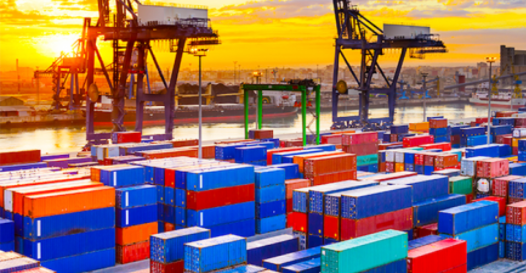No matter how you transport your products, you need to make sure they arrive as expected and meet all relevant requirements. Pre shipment inspection service can provide you with independent and professional verification services to help you meet the quality standards, technical specifications and contract requirements for the quality, quantity, inspection marks, packaging and loading conditions of the transported goods. What do you need to know about pre shipment inspection? In this guide, we are going to share the purpose, time, requirement, process and solution of pre shipment inspection.

Purpose and time of pre shipment inspection:
Some governments of importing countries require pre shipment inspection. The government claims that pre shipment inspection can ensure that the fees charged by exporters reflect the real value of the goods, prevent substandard goods from entering its country and test whether the goods have evaded customs duties.
The following countries require or require pre shipment inspection:
Angola, Bangladesh, Benin, Burkina Faso, Burundi, Kampuchea, Cameroon, Central African Republic, Comoros, Republic of the Congo (Brazzaville), Democratic Republic of the Congo (Kinshasa), C ô te d’Ivoire, Ecuador, Ethiopia, Guinea, India, Indonesia, Iran, Kenya, Kuwait, Liberia, Madagascar, Malawi, Mali, Mauritania, Mexico, Mozambique, Niger, Senegal, Sierra Leone, Leon, Togo and Uzbekistan.
Most of the countries or regions listed above require inspection of goods exceeding a certain value. However, in some cases, all imported products must be inspected regardless of their value. PSI regulations change frequently and contracts for pre shipment inspection are regularly inspected.
Steps for pre shipment inspection:
Although the importer is usually responsible for arranging pre shipment inspection, the exporter must inspect the goods in the country of origin.
The steps of the inspection process are usually as follows:
• the importer opens the import document or license.
• the importer notifies the Inspection Service Department of the importing country of the goods to be shipped, and pays the inspection fee in advance according to the terms of the inspection contract of the importing country or a certain percentage according to the value of the commercial invoice.
• the inspection form is forwarded to the office of the inspection company in the exporting country.
• the inspection company shall contact the exporter to arrange the date, time and place of inspection. It also requires all necessary transport documents and price information (invoices). Exporters must provide these documents in time to avoid demurrage or other fines.
• conduct inspection.
• if no discrepancies are found during the inspection and all final documents are received from the importer and exporter, a “found cleaning report” will be issued to confirm the value of the shipment, customs classification and customs clearance. The final documents required to issue a “clear report of findings” vary from contract to contract, but in most cases include final invoices and bills of lading or air tickets.
• shipment of goods to the importing country.
• the importer uses the inspection report to obtain the imported goods released by the customs. If the goods arrive at the border of the importing country without inspection, they must usually be re exported to nearby countries for inspection before re-entry, otherwise they will be subject to heavy penalties.
Solutions to problems in pre shipment inspection:
If there are differences on the findings of the pre shipment inspection, the method of resolving the differences shall be negotiated with the inspection company. However, if it is to be exported to World Trade Organization (WTO) member countries, the WTO Agreement on pre shipment inspection sets out the responsibilities of exporters and inspection companies. The agreement requires inspection companies to appoint an appellate officer and abide by the guidelines of the agreement when providing pre shipment inspection services to signatory countries.